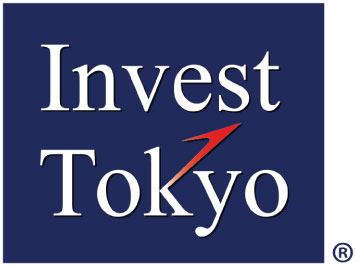Tokyo Innovation Ecosystem Special Discussion – Tokyo’s ecosystem. Creating and accelerating together –
“The Significance and Potential of Ecosystems”
2020.5.29
- Special Interview: The Significance and Potential of Ecosystems
Mr. Michiaki Matsushima, Editor-in-Chief of WIRED Japan - Panel Discussion1: What do startups expect from “Tokyo”?
Panelists:
Tomohiro Tada, Chairman, and CEO, AI Medical Service Inc.
Yuichiro Ito, Director, and CFO, Finatext Holdings Inc.
Takayuki Sasaki, Executive Officer and CMO, TBM Inc.
Moderator:
Kazuhiko Chuman, General Manager, Business Incubation Promotion Department, Corporate Strategy Division, KDDI Corporation - Panel Discussion 2: How should “universities” collaborate with startups?
Panelists:
Yoshihiro Kawahara, Professor, Graduate School of Engineering, The University of Tokyo
Masaya Nakamura, Professor, Keio University School of Medicine
Toru Asahi, Professor, Faculty of Science and Engineering, Waseda University / Executive Director, WASEDA-EDGE
Human Resource Development Program
Moderator:
Ms. Moe Nasu, Managing Director, Public Service, Medical & Health, Accenture
*Ecosystem: A business environment in which various players from industry, academia, and government, such as venture companies, large corporations, investors, and research institutes, coexist or collaborate to create a virtuous cycle of coexistence, co-prosperity, fostering of advanced industries, and economic growth, analogous to a natural ecosystem.
What is needed to nurture startups, what role does the public sector play in innovation, and what should Tokyo aim for? In a special interview at the top of the issue, we sat down with Michiaki Matsushima, editor-in-chief of the Japanese edition of WIRED, a media magazine that was first published in San Francisco, U.S.A., and has been thinking for more than 25 years about how technology will affect our lives, society, culture, and our own future. We asked Mr. Matsushima about the significance and potential of the ecosystem.
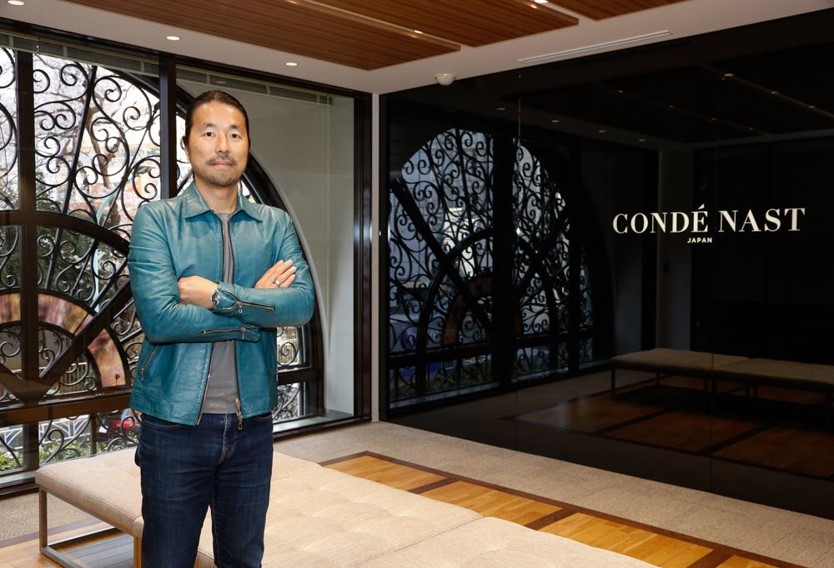
Mr. Michiaki Matsushima, Editor-in-Chief, WIRED Japan
〇Interviewer
Ms. Moe Nasu, Managing Director, Public Service, Medical & Health, Accenture
Nasu
I’d like to talk to you about ecosystem today, but first, could you tell us about your activities?
Matsushima
In 2018. I had worked on the Japanese translation of the US edition of WIRED, and through that connection, I was asked to take on the role of editor-in-chief. I was a liberal arts major, so I don’t have any particular expertise in technology. However, I am interested in “how technological evolution affects human society and culture, and how the world is changing,” rather than simply following the cutting edge of technology or new services and applications.
Nasu
When did you become the editor-in-chief of the Japanese edition of WIRED?
Matsushima
In 2018. I had worked on the Japanese translation of the US edition of WIRED, and through that connection, I was asked to take on the role of editor-in-chief. I was a liberal arts major, so I don’t have any particular expertise in technology. However, I am interested in “how technological evolution affects human society and culture, and how the world is changing,” rather than simply following the cutting edge of technology or new services and applications.
Nasu
When was the first issue of “WIRED” published?
Matsushima
WIRED was first published in San Francisco, California, in 1993. Since its inception, the magazine’s theme has been “how the digital revolution is changing culture and lifestyle.” In the opening remarks of the first issue, it was written that “in an age of so much information, the ultimate luxury is meaning and context.” These words remind us that even at the time when the Internet was still in its infancy, we were already feeling “overwhelmed” with information. That’s why WIRED’s goal has always been to not just acquire information, but to decipher and present the context in which that information should be read and what it means in terms of culture and lifestyle.
Nasu
What is it that you would like to convey to Japanese startups?
Matsushima
WIRED was first published in San Francisco 27 years ago, and it is the only media that has grown up in the Silicon Valley ecosystem. At the 25th anniversary event, the CEOs of Google, Microsoft, and Amazon participated, and Bill Gates also joined us via video. So I would like to say that the myth of Silicon Valley innovation is false. In other words, the story that “Silicon Valley’s many innovations happen because of the libertarian spirit of its startup people, who are free to be inventive without government regulation, and the ecosystem that supports them” is not true.
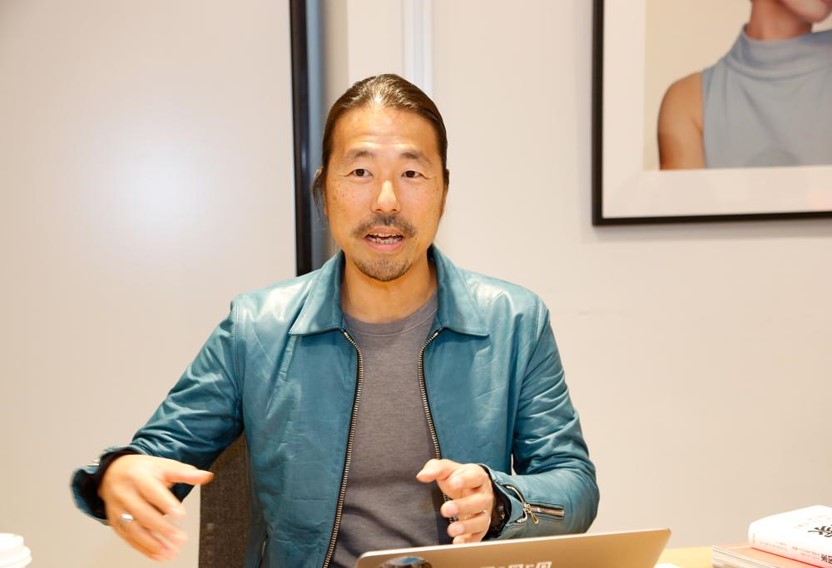
For example, the iPhone has changed the world so much in just over a decade, but most of the competitive technology in the iPhone was initially developed by the US government in its research institutes. So it can be said that the public sector played a major role in Apple’s ability to develop the iPhone. I think we need to stop and rethink this. Even Tesla and SpaceX, which Elon Musk launched, received massive subsidies from the government to drive their innovative businesses. When creating a startup ecosystem, it is often said that it is essential for the private sector to be inventive and for the public sector to support it without interfering, but it is becoming increasingly difficult for the private sector to take significant risks. When the public sector boldly takes big risks in R&D and shares it with the private sector, this results in substantial innovations. I think it would be great to have a flatter relationship when considering the ecosystem instead of dividing it into leading players and assistants.
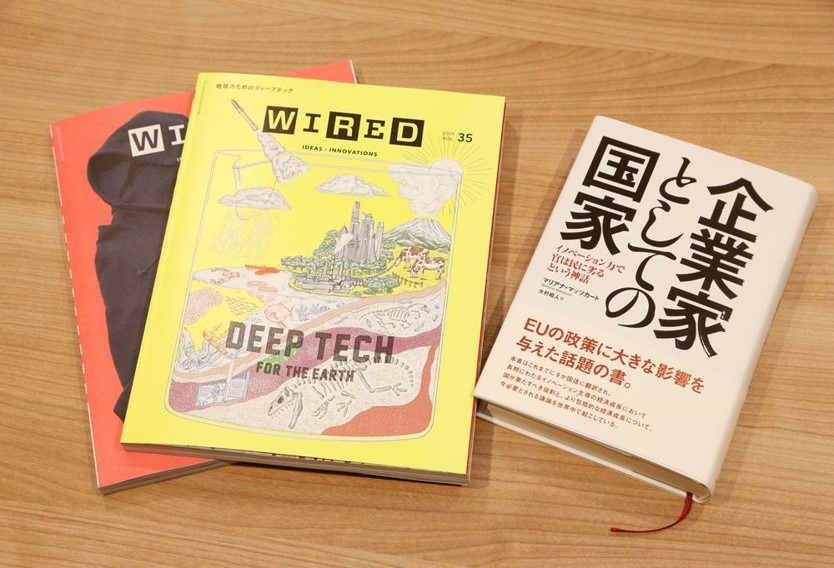
Furthermore, even if the Tokyo Metropolitan Government will support startups, it should go into the details of what kind of startups and what the ecosystem is for. Overseas cities have been creating ecosystems one after another for a long time. If Japan is going to launch a startup ecosystem 10 or 20 years behind the rest of the world, we need to think hard about whether it is enough just to copy the best practices overseas. It may be essential to increase the number of startups and aim for unicorns, but if we don’t consider why we need to create unicorns from Japan when there is already a cross-sector ecosystem where Japanese companies invest in unicorns from overseas, there is no point in Tokyo launching an ecosystem.
Nasu
Now you mentioned a flat relationship. I think a big question is who will pull the initial trigger and how the government will be involved in this process.
Matsushima
If we are going to create an ecosystem in Tokyo, first of all, the Tokyo Metropolitan Government must set a big vision, and then we must have the uniqueness and competence that only localities can offer. If we simply leave it to the private sector, they will merely copy things from overseas as they have done in the past, and that will not be attractive from a foreign perspective. The Tokyo Metropolitan Government has put together a big vision of what Tokyo will inherently aim for and clearly states that it will provide significant funds to those who will develop this field. I think the Tokyo Metropolitan Government needs to show its vision and its willingness to take substantial risks. Ecosystems are created with a purpose, and if the aim is to create an ecosystem, it will not work.
Nasu
How do overseas investors view Japanese startups?
Matsushima
Overseas investors say that it is difficult to understand the situation of startups in Japan. In that sense, I believe that one of the most critical roles of the ecosystem is to be the entity responsible for disseminating information. Perhaps the technology necessary for startups is already available at universities and research institutes, but the challenge is how to implement it in society. In doing so, it is vital to communicate with society by providing the context of what it means to society and what kind of future it will create. It is said that the forefront of innovation today is “rule-making”. The role of the startup ecosystem nowadays is to grasp the possibilities presented by rapid changes in society and technology and to innovate and change the rules themselves, rather than forcing them into the existing legal system. This is also the reason why the government should be the primary agent of innovation.
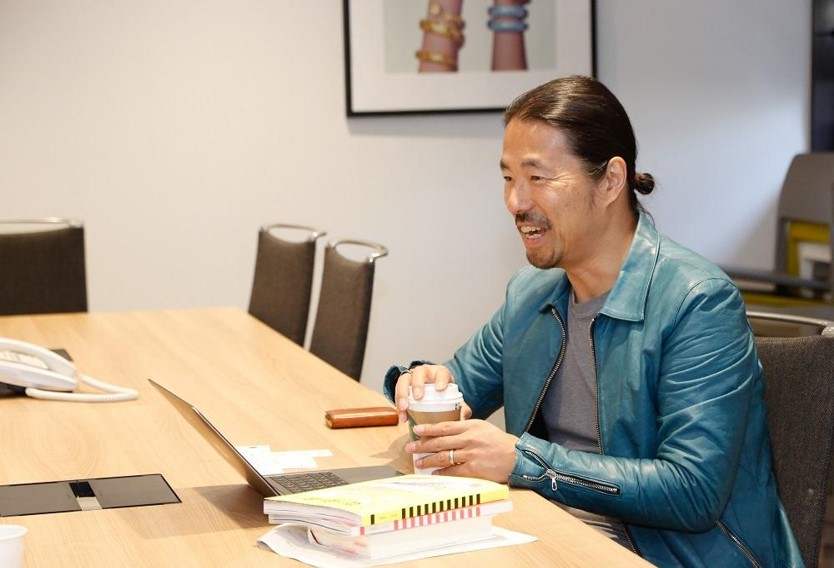
Nasu
What are some of the themes that you think Tokyo should address?
Matsushima
In the next ten years, how cities deal with environmental crises will become an urgent issue. In addition, pandemics will force us to reconsider the very nature of cities where people are concentrated. I think it would be a good idea for Tokyo, the city with the largest concentration of people globally, to reexamine this issue and actively pursue alternative possibilities and communicate them to the world. If we support startups that specialize in these issues and use Tokyo as an experimental zone to attract overseas startups, I believe that the Tokyo ecosystem will increase its presence among the leading overseas startup cities.

